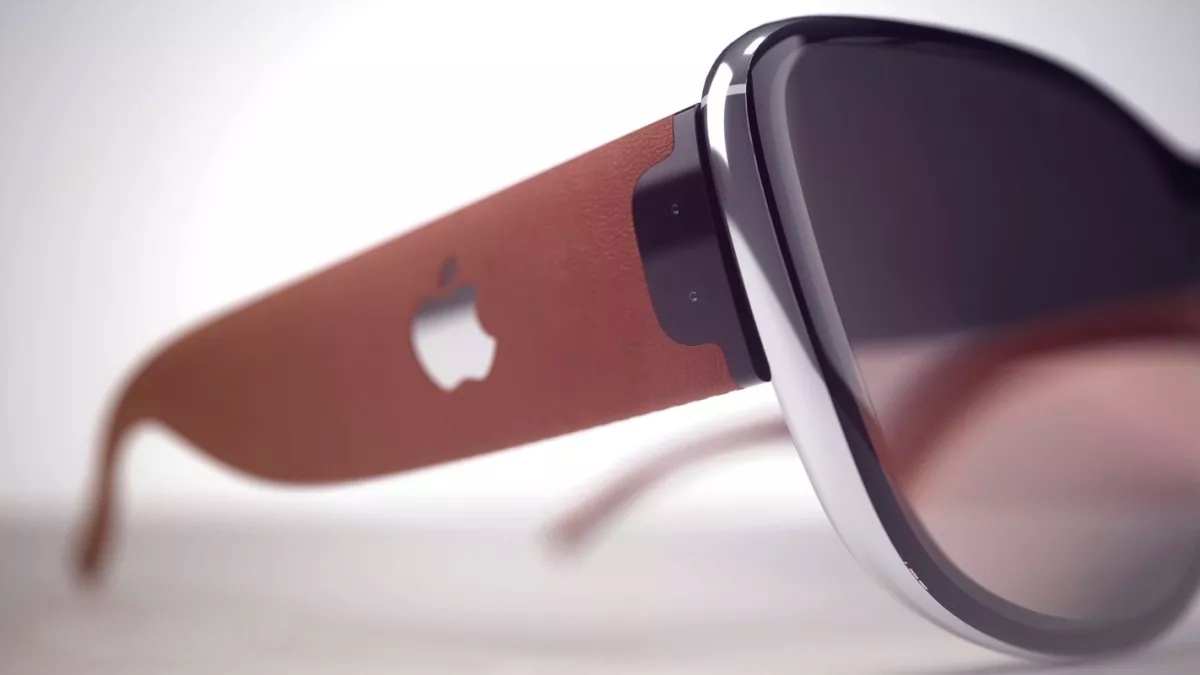
Update: Google's latest acquisition could give it a major advantage in the AR glasses race
Google's attempts to conquer the world of augmented and virtual reality haven't met with much success. But it sounds as if the company is ready to give it another go.
In a LinkedIn post, Mark Lucovsky, Google's new senior director of engineering, operating systems and AR, says that the company is looking to fill key roles on the team responsible for building an augmented reality OS.
Google's track record in augmented and virtual reality has been more miss than hit. First, there was Google Glass, a heavily hyped AR device that quickly fizzled out, even though enterprise editions of the headset still exist. Other efforts like Google Cardboard (a cheap phone-based VR solution) and Daydream VR (a more elaborate headset that worked with Android phones) failed to gain traction as well.
But those setbacks haven't diminished Google's interest in AR. In particular, one of the job listings Lucovsky links to in his post seeks help developing an "innovative AR device."
Position openings linked to in Lucovsky's post include that of a senior software developer for augmented reality OS, "software components that control and manage the hardware on our Augmented Reality (AR) products. These are the software components that run on the AR devices and are the closest to the hardware. As Google adds products to the AR portfolio, the OS Foundations team is the very first software team to work with new hardware."
In the senior software engineer for camera in Augmented Reality OS position, it stated, "As part of the team, you will be responsible for overall camera device software for an innovative AR device."
The senior software developer tech lead role asks the potential candidate to, "design and develop an input framework for an embedded, real-time platform that will form the foundation for next-generation AR experiences."
Sign up to get the BEST of Tom's Guide direct to your inbox.
Get instant access to breaking news, the hottest reviews, great deals and helpful tips.
Based on the job listings, it's hard to tell where Google is wanting to go with this new Augmented Reality OS. Given that Google already has a footing in the enterprise space with Glass, it could mean the company wants to re-enter the consumer space, where it could face some hefty competition.
Rumors about the Apple Glass and Apple mixed reality headset products continue to percolate. The former is rumored to be coming in 2023, while multiple sources expect an Apple mixed reality headset to debut next year. At the same time, Meta is also investing heavily in the Metaverse with the Oculus Quest 2, now titled Meta Quest 2. Chinese brand Oppo has too recently announced an AR device, although it's referring to it as "assisted reality."
If there is to be a massive shift in how consumers interact with the internet, then it's fair to assume that Google wants to be in on the game.
Imad is currently Senior Google and Internet Culture reporter for CNET, but until recently was News Editor at Tom's Guide. Hailing from Texas, Imad started his journalism career in 2013 and has amassed bylines with the New York Times, the Washington Post, ESPN, Wired and Men's Health Magazine, among others. Outside of work, you can find him sitting blankly in front of a Word document trying desperately to write the first pages of a new book.

